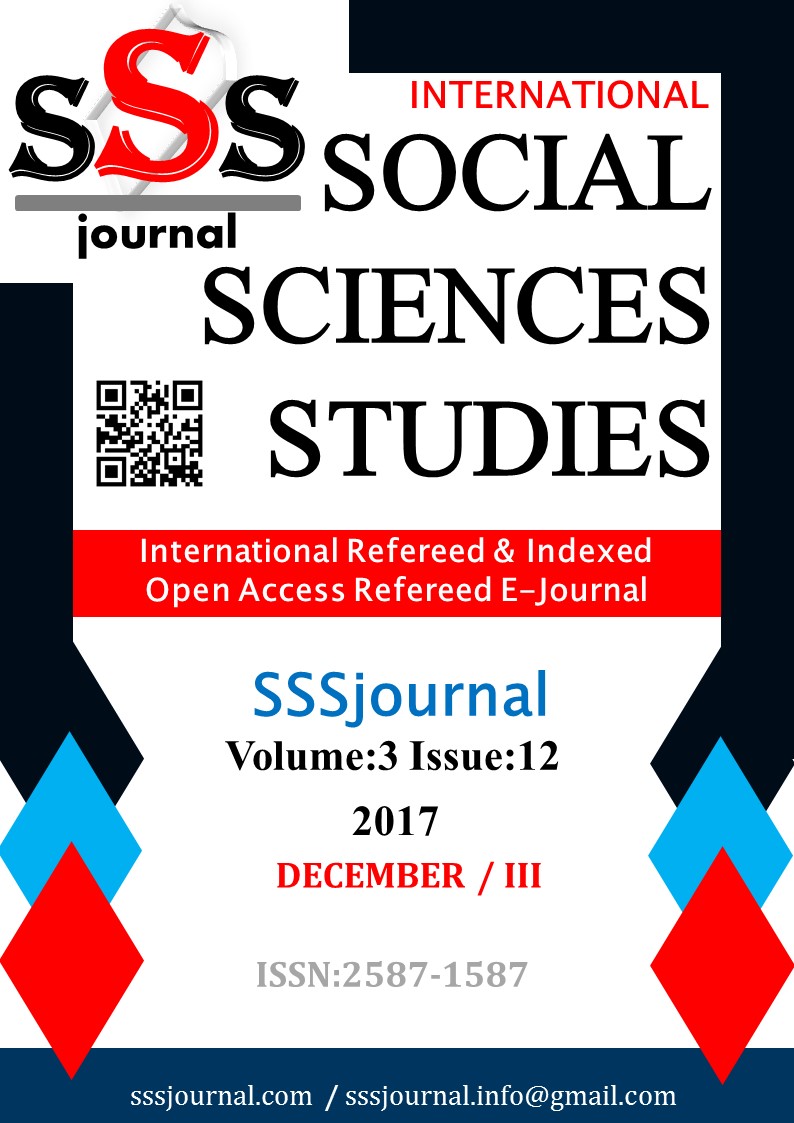Author :
Abstract
Son yıllarda Suudi Arabistan’da ekonomik ve toplumsal yapıda önemli değişiklikler gerçekleşmektedir. Yeni reform programları açıklanmaktadır. Ekonomik çeşitlenme, vergilendirme, eğitim, sağlık ve diğer birçok alanda yeni düzenlemeler gerçekleştirilmiştir. Ülkenin monarşiyle ve “İslam hukuku” ile yönetilmesi bu dönüşüm sürecinin diğer “geçiş ekonomilerinden” farklı olmasına neden olmaktadır. Aynı zamanda petrol ihracatçısı olarak önemli Petro dolar gelirlerinin olması da ülkeye özgün bir konum vermektedir. 2017 yılında “yolsuzluk operasyonu” başlatılarak büyük şirketlerin sahipleri gözaltına alınmıştır. Çok aktörlü ve çok dinamikli yapıda dönüşümü analiz etmek zorlaşmaktadır. Bu nedenle Suudi Arabistan’daki dönüşümü anlamak için iki kavram önerilmektedir: Stratejik hammadde ihracatçısı olarak sermaye birikimine eklemlenme ve sermayenin uluslararasılaşması. Bu iki kavram ile Suudi Arabistan gibi petrol ihracatçısı olarak sermaye birikimine eklemlenen ülkelerin ekonomik ve toplumsal yapısındaki dönüşüm sürecini açıklamak için önemli araçlar elde edilmiştir. Mevcut eklemlenme şekliyle birikim sağlayan kesim reform sürecine muhalefet oluşturma gücüne sahip hale gelmektedir. Bu nedenle Suudi Arabistan’daki dönüşüm sürecinin yasal süreçlerle mi yoksa müdahale ile mi olacağını muhalif kesimlerin gücü belirleyecektir. Çalışmada bu çatışmanın Suudi Arabistan’ın uluslararası/küresel sermaye birikim sürecine eklemlenme şeklinin dönüşmesinden kaynaklandığı ileri sürülmektedir.
Keywords
Abstract
In recent years there have been significant changes in the economic and social structure of Saudi Arabia. New reform programmes have been declared. Economic diversification, taxation, education, health and in many other areas new regulations have been made. The monarchy of the country and its administration by "Islamic law" cause this transformation process to be different from other "transition economies". At the same time the country has Petro dollar income form the export of petrol. And it ensures an original position to the country. In 2017, the "corruption operation" was launched and the owners of large companies were taken into custody. It is difficult to analyze the transformation in a multi-actor and very dynamic structure. For this reason, two concepts have been proposed to understand the transformation in Saudi Arabia: Articulation to capital accumulation as strategic raw material exporter and internationalization of capital. With these two concepts, important tools were introduced to explain the transformation process in the economic and social structure of the countries that are attached to capital accumulation as oil exporters such as Saudi Arabia. As a result of the current articulation, this part of the society - accumulating gains- has power to form opposition to the reform process. For this reason, the dissident parts power will determine whether the transformation process in Saudi Arabia will be through legal process or intervention. It is argued in the study that this conflict was caused by the transformation of Saudi Arabias integration process of international / global capital accumulation.
Keywords
- Cebeci, A. (2012) Bilmediğimiz Kapitalizm, Gizli Elin Kurumsallaşması: YOİKK, SAV Yayınları: İstanbul
- Cebeci, A. (2012) Bilmediğimiz Kapitalizm, Gizli Elin Kurumsallaşması: YOİKK, SAV Yayınları: İstanbul 13 Türkiye’deki süreci inceleyen bir çalışma için bknz: Bilmediğimiz Kapitalizm Gizli Elin Kurumsallaşması: YOİKK, Cebeci, 2012
- Cebeci, A. (2014) Yeni Değerlenme Alanı Olarak Cezayir ve Emperyalizm’in Bugünü. A. M. Özdemir (Ed.), Kolektif Emperyalizm içinde (s.163-200). İmge: Ankara
- Güler, S. (2013) Osmanlı Arabistanı’nda Kıyam ve Tenkil Vehhabi Suudiler, Tarih Vakfı Yurt Yayınları: İstanbul
- Hanieh, A. (2011) Körfez Ülkelerin Kapitalizm ve Sınıf, Sevgi Doğan (çev.), Nota Bene: Ankara Lutskiy B. (2016) Arap Ülkelerinin Yakın Tarihi, Yordam Kitap: İstanbul
- Marx, K. (1973) Grundrisse, Harmondsworth: Penguin Books
- Öztürk, S. ve Saygın, S. (2017) 1973 Petrol Krizinin Ekonomiye Etkileri ve Stagflasyon Olgusu, Balkan Sosyal Bilimler Dergisi, Vol.6 / No.12
- Palloix, C. (1977) “Conceptualizing the Internationalization of Capital”, Review of Radical Political Economics, Vol. 9, No.2, 17-28.
- Prashad, V.(2017) Ulusun Ölümü ve Arap Devriminin Geleceği, Senem Erdoğan (çev.), Yordam Kitap: http://dergipark.gov.tr/download/article-file/336964
- http://www.milliyet.com.tr/afganistan-da-devrim-yaratacak-maden-rezervleribulundu/dunya/dunyadetay/ 14.06.2010/1250684/default.htm





